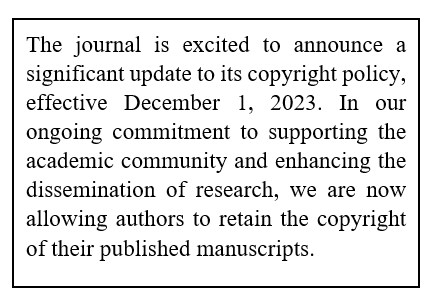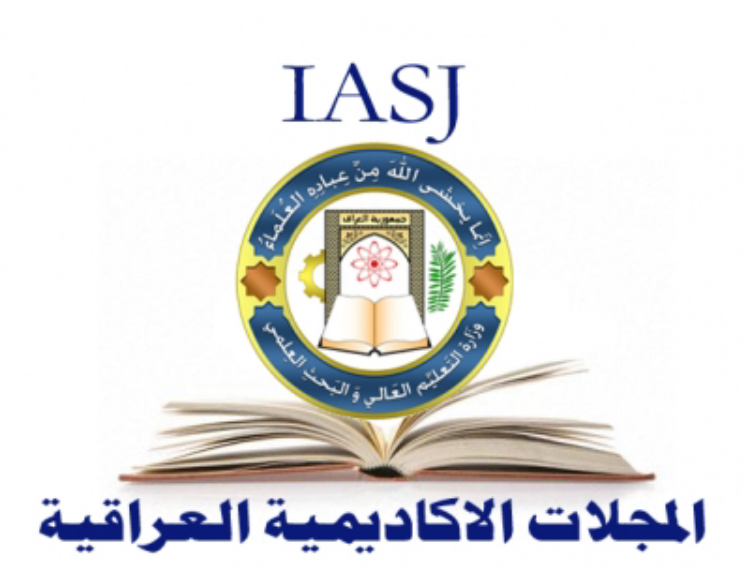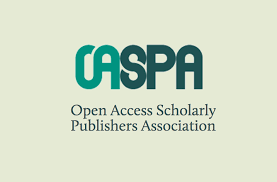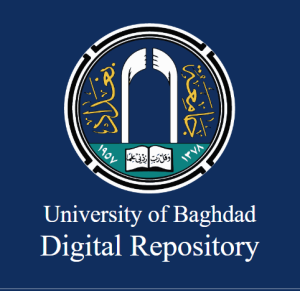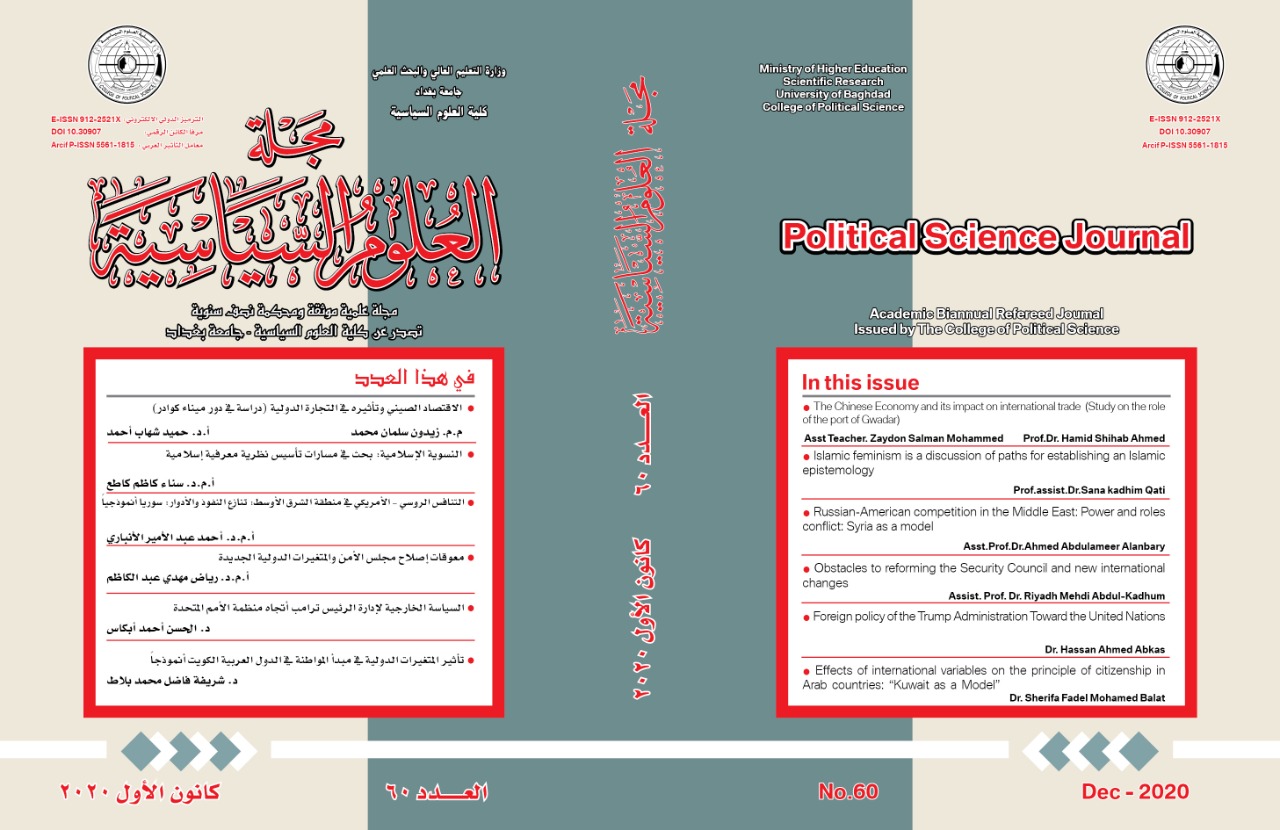Populism in the Palestinian political discourse The Fatah and Hamas movements are a model
DOI:
https://doi.org/10.30907/jj.v0i62.594Keywords:
populism, political discourse, ideology, democracy, crises, Palestinian movements.Abstract
Receipt Date:10/11/2021 Acceptance Date:29/12/2021 Publication Date:31/12/2021
 This work is licensed under a Creative Commons Attribution 4.0 International License.
This work is licensed under a Creative Commons Attribution 4.0 International License.
The study aimed to clarify the conceptual explanations and the theoretical rooting of the concept of the populist phenomenon. And explore the political and cultural implications and connotations contained in populist political discourse. And to stand on the foundations and meanings on which the political populist discourse of Fatah and Hamas is based, and to clarify its vocabulary. The importance of the study is to reveal the dangers of populist discourse on the future of the Palestinian liberation and development project. And the search for objective and methodological alternatives to the Palestinian political discourse to overcome the simplification and flatness that characterizes the current Palestinian discourse. And be aware of the dangers of slipping into the populist discourse and its dangerous effects on national unity and national reconciliation. The study concluded that the Fatah and Hamas movements contributed to a large extent in spreading a populist mood in the context of the search for a liberating and developmental solution. The two movements devoted a populist discourse claiming that each party affirms its protection of the Palestinian national spirit, the defense of the Palestinian national project, and theorizing of its options and alternatives, which gave rise to a populist Palestinian discourse based on dualities and conflicting encounters between oneself and the other. The partisan rhetoric of both Fatah and Hamas reflected the dire consequences of the "us" and "them" split. Their political rhetoric featured excessive references to an enemy targeting them, distrust of political institutions, marginalization of civil society initiatives, extreme polarization, a complete lack of consensus or the right spirit of party politics, and verbal criminalization of political opponents.





